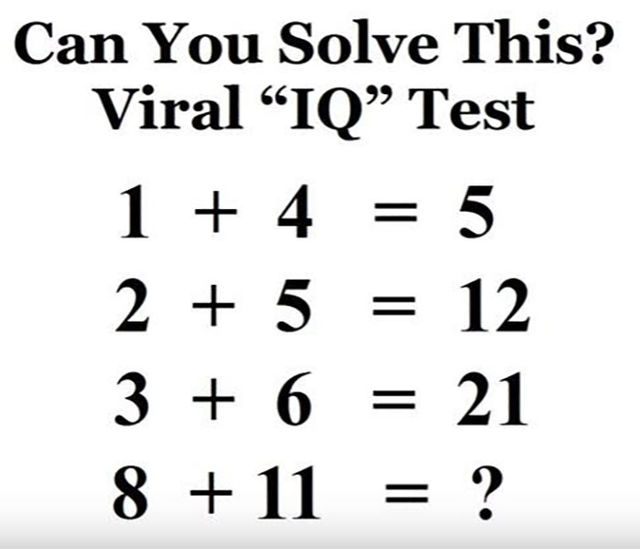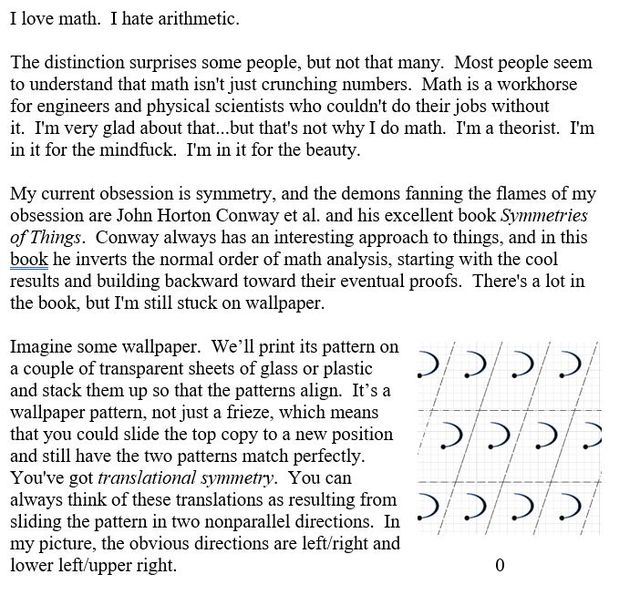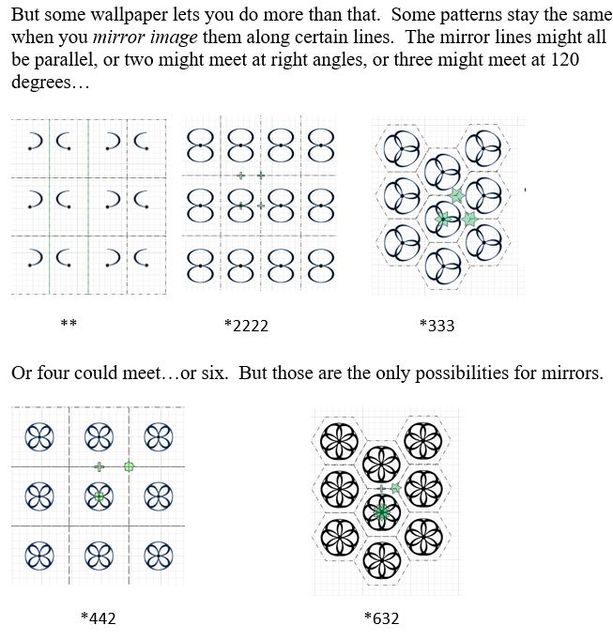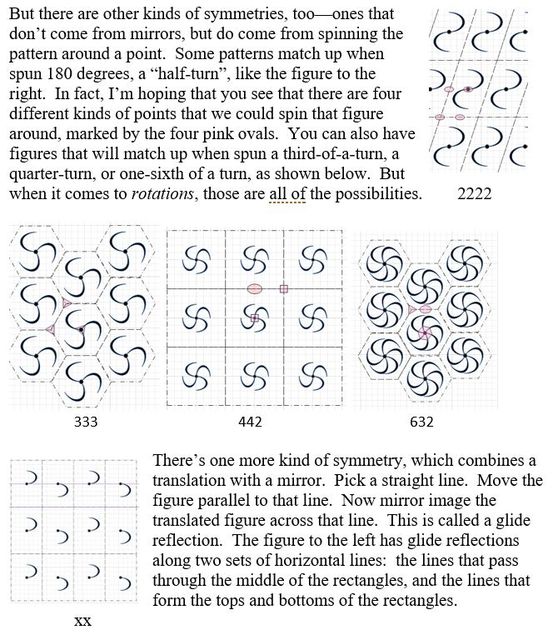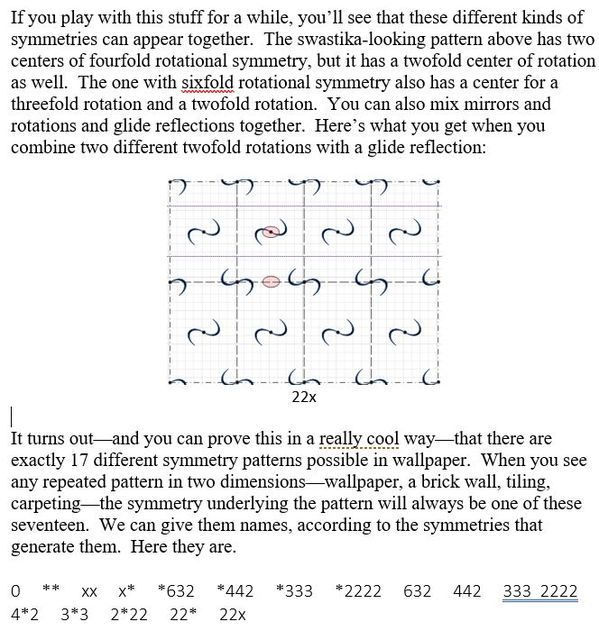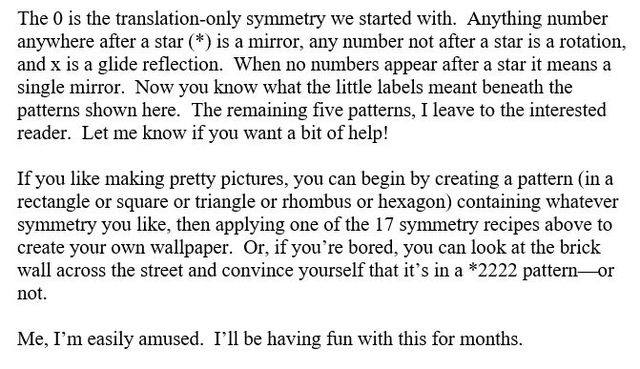 How to Think
6/6 '18
How to Think
6/6 '18
My title might seem presumptuous, but it's not really my title. It's a shortend form of the title of Alan Jacob's 2017 book, "How to Think: A Survival Guide for a World at Odds". The kind of thinking that Jacobs is talking about is the kind that includes the dangerous possibility of changing one's mind--you know, growing.
I read the book after hearing the admirable Fareed Zakaria recommend it. "How to Think" is short, accessible, and (for me, at least) surprisingly useful. I've read it twice. In the concluding summary of the book, Jacobs points out that the kind of thinking he's talking about really can't be reduced to a checklist. It's with a certain irony, then, that he follows this with a checklist. He points out that a checklist can be very good for people who think they don't need checklists--because even really competent people forget things. And frankly, a bit of intellectual humility is pretty much essential for gaining a new perspective.
So below is his checklist. I've been trying to keep these in mind, and it can be maddeningly hard. In particular, the first six are why I'm taking a break from Facebook and am happy to be here on OPW. I present the list without additional comment, except for two footnotes that briefly explain possibly unfamiliar terms.
THE THINKING PERSON'S CHECKLIST
1. When faced with provocation to respond to what someone has said, give it five minutes. Take a walk, or weed the garden, or chop some vegetables. Get your body involved: your body knows the rhythms to live by, and if your mind falls into your body's rhythm, you'll have a better chance of thinking.
2. Value learning over debating. Don't "talk for victory".
3. As best you can, offline and off, avoid people who fan the flames.
4. Remember you don't have to respond to what everybody else is responding to in order to signal your virtue and right-mindedness.
5. If you *do* have have to respond to what everybody else is responding to in order to signal your virtue and right-mindedness, or else lose your status in your community, then you should realize that it's not a community but rather an Inner Ring.*
6. Gravitate as best you can, in every way you can, toward people who seem to value genuine community and can handle disagreement with equanimity.
7. Seek out the best and fairest-minded people whose views you disagree with. Listen to them for a time without responding. Whatever they say, *think it over*.
8. Patiently, and as honestly as you can, assess your repugnances.
9. Sometimes the "ick" factor is telling; sometimes it's a distraction from what matters.
10. Beware of metaphors and myths that do too much heavy cognitive lifting; notice what your "terministic screens"** are directing your attention to--and what they're directing your attention *away from*; look closely for hidden metaphors and beware the power of myth.
11. Try to describe others' positions in the words that *they* use, without indulging in in-other-wordsing.
12. Be brave.
* Inner Ring: CS Lewis argued that the "we" in a "we and they" situation is layered like an onion, with a more exalted in-group inside the initial "we" group, and so on for many layers. Lewis believes that many bad acts are committed by not-bad people in the desire to enter such a group. See https://www.calvin.edu/~pribeiro/DCM-Lewis-2009/Lewis/the-inner-ring.doc if interested.
** Terministic screens: The (perhaps unavoidable) blindspot created by the very words that we use to frame a situation. To me, the most obvious example is the difference between "unborn child" and "fetus".




